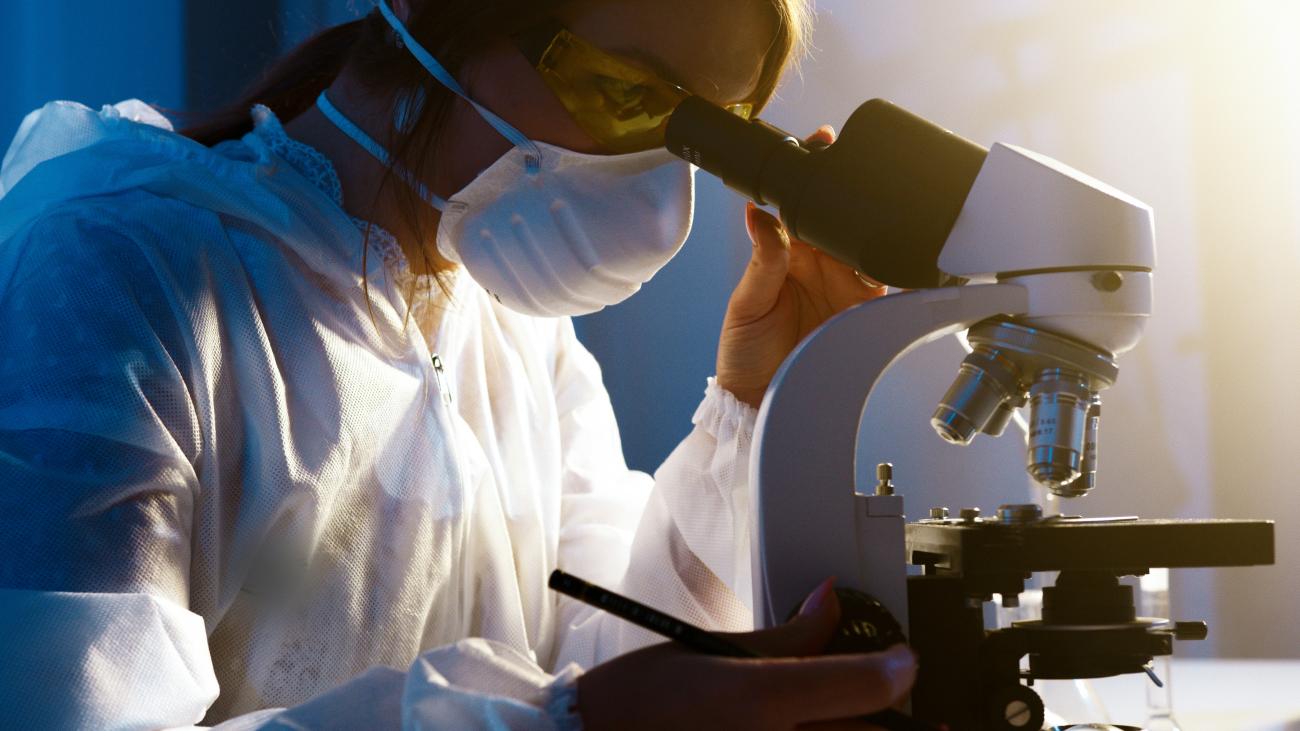Database providing access to the High Technology Network's industrial research offering: research competences, type of analyses and tests available at the Laboratories. Companies can consult the Catalogue to find Laboratories and researchers that match their needs.
Competence
"Transient and stable" cellular bio-sensors design, construction and validation
2D, 3D and 4D imaging and quantification
Algorithms for events prediction and classification
Analysis of (clinical) functional requirements
Cell based high content imaging and screening
Characterization of products of microbial origin: biomass, metabolites, natural antibiotics. Conversion and transformation processes of food an by-products
Clinical assessment
Combined stabilization strategies to enhance shelf-life and food safety
Communication protocol
Data analysis and storage, data mining
Design and production of transfelable nano-structures and nano-metric biosensors
Design of experiments and protocols
Design, production and validation of bio-funcionalized surfaces for biosensing application
Design, production and validation of chemo- and opto- electronic biosensors for nucleic acids detection
Design, production and validation of molecular biosensors
Design, production and validation of molecular biosensors (based on bistable plasmid) for RNA and peptides fluorescence detection
Digital platforms (microcontrollers, DSP, FPGA)
Effects of packaging on the evolution of food microbial population
Ergonomics, neuroergonomics
Functional validation of prototypes
HW/SW design for resources optimization
Innovative strategies for microbial control: the use of natural antimicrobials and thermal treatments
Interaction between food microorganisms and gut microbiota
Marker identification for the instrumental detection of desired or undesired microflora: set up of markers or indicators
Microbial analysis, challenge tests, instrumental analyses
Microbial response to environmental stress: optimization of microbial performance
Microbial strain selection for food production: enzymatic, physiological, and genetic characterization
Microbial strain selection: technological characterization
Microbiological activity in food: risk analysis
Microscopy and nano -scopy, nanomechanics characterization in vitro with AFM technology
Modulation of microbial growth and shelf-life evaluation as a function of formulation and storage condition
Molecular analyses for the identification of pathogens and spoilage microorganisms and the evaluation of their impact on final product,
Molecular screening based on bio-sensors
Musculoskeletal modelling
Nanoparticles and surfaces microscopy characterization and bio-chemical derivatization
Neurocognitive modelling
Optimization of traditional stabilizing treatment to improve food quality
Otpimization of fermentation conditions: traceability and authenticity of typical or brand fermented food products
Plasmid production
Power management

